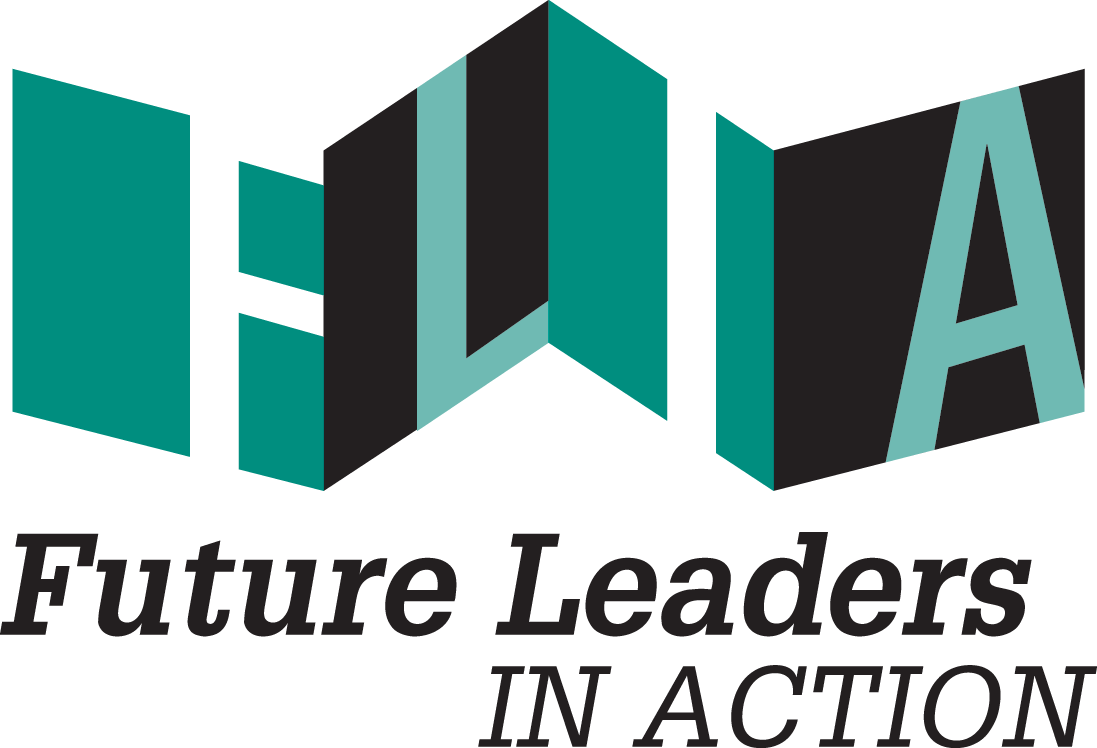May is Mental Health Awareness Month and, with that, comes a bombardment of online content about the importance of wellness, treatment, and personal as well as professional balance.
For incoming professionals and recent college graduates, the struggle to transition from “younger” lifestyle habits into a professional work setting is real, and even more so when working towards a cause. Work life balance is key to personal success in any industry regardless of whether the role is an internship, fellowship, or full time employment. We at Future Leaders In Action (FLIA) are committed to helping fellows find their equilibrium between working for a cause in a capacity building role and personal well being throughout their time with us. Despite many employers' attempts, some prevalent barriers in the fight for work life balance may still come to the surface:
What if there seems to be no light at the end of the tunnel?
In the nonprofit industry, there are seasons that are the most statistically fundraising-focused and months that depend more on outreach efforts than others, but the workload generally never lessens. If we are not careful, this might result in a Sisyphean mentality and, ultimately, a burn out. However, there are a few ways to combat the sense of not enough downtime at work.
Visualize Longer-Term Goals
Create a calendar for the next several months that includes both work deadlines and personal plans. Creating a visual representation of time can help to clear the fog of a seemingly never-ending agenda. It helps to identify the spaces of free time coming up to take advantage of. Beyond maintaining a three to four working month calendar, consider crafting at a 12-18 month projection plan that outlines specifically what you need to do to achieve milestones within your goals. FLIA fellows are prompted to use this strategy as a part of leadership and teambuilding activities at a retreat together. It provides tangible steps for otherwise abstract or overwhelming goals, which leads into another important practice…
Prioritize
Determine what tasks have the highest stake: which tasks directly impact those you serve, your coworkers, or other stakeholders often have the most important deadline attached to them. Not everything needs to get done at once - ever. Focus on the projects that leave the largest impact for personal success and satisfaction. FLIA fellows utilize web tools to guide them in this process, such as Asana, which tracks productivity and acts as an interactive checklist.
Learn to Say No & to Ask for Help
Identify early on when your plate is getting full and call shots accordingly. It is always okay to communicate your concerns regarding a task that has been given to you; it lets your supervisor know that you might be approaching your maximum output and allows them to brainstorm solutions with you or to re-evaluate expectations.
What if your performance directly affects the lives of others?
When working for a nonprofit, specifically those in human services, it is hard not to feel guilty when taking time for yourself, but absolutely imperative towards work life balance.
Practice Mindfulness
If you feel guilty about taking time off (you shouldn’t) or not working over 40 hours a week every week (again, you shouldn’t), live your personal life more intentionally:
- Keep a daily gratitude journal or an achievement log where you record 1-3 things you are grateful for and/or accomplished that day. Make it specific to your personal life to allow your mind to exist outside of the cog of your job. FLIA fellows keep a communal achievement log by sharing daily highs and lows with one another throughout their fellowship.
- Set treat times for yourself throughout the day, i.e. favorite breakfast every morning, a nice cup of tea during a mid-day break, etc., to make space for small, personal pleasures.
- Make it a priority to exercise before or after most workdays. The physical and mental benefits are astounding.
Everybody has a different stress-tolerance level in the workplace and copes with said stress in their own ways - some better than others. Establishing a positive work life balance can affect a variety of areas in life, from increased sense of personal success or mental capacity to grow, more time to spend with loved ones, and overall happiness in life.
Be sure to etch out some time this month to focus on your mental health and work life balance. Visit http://www.mentalhealthamerica.net/ to learn more about Mental Health Awareness month and to gain more tips to improve your overall sense of wellness.




